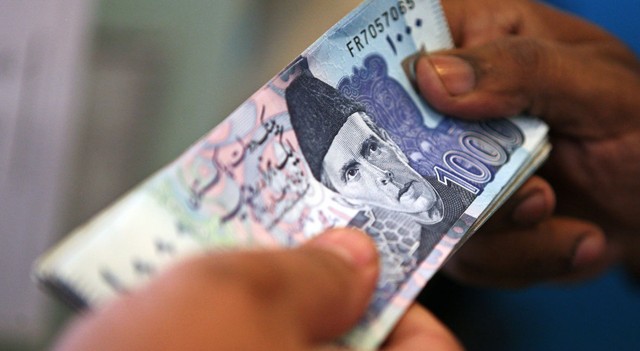Qisas and Diyat: Legal Reform To Ensure Murderers Get Away No More
The government is set to reform the controversial blood money laws that allow murderers to escape punishment if they are forgiven by their victim’s heirs, the prime minister’s special assistant on legal affairs said on Thursday.
Critics contend that the law, which was passed in 1990, allows the wealthy and the powerful to walk scot-free from homicide convictions either by intimidating their victim’s loved ones, making them a financial offer that they cannot refuse, or both.
The Qisas (retribution) and Diyat (blood money) law was famously invoked in the case of Raymond Allen Davis, a CIA contractor who shot two men dead in Lahore in 2011.
The incident sparked a diplomatic furore which was only resolved when Davis was pardoned in return for a $2.4 million settlement with the men’s families.
The 2012 killing of 20-year-old Karachi student Shahzeb Khan by two young men, who belonged to powerful political families, also drew national outrage after Shahzeb’s parents pardoned the killers — reportedly due to threats.
But under the proposed reforms, a pardon can only be granted if a murderer has been convicted, according to Ashtar Ausaf Ali, the special assistant to the prime minister on legal affairs.
And a convicted murderer will have to face a minimum of seven years in prison, even if they are pardoned by their victim’s relatives and avoid the death penalty, Ali said.
“This law has been abused,” he said. “This abuse was to the degree that influential and rich people would get away with murder, literally.”
Furthermore, a murder convict must have confessed to his crime before a trial has taken place in order to be eligible to seek such a pardon; or have been convicted on the basis of the eye-witness testimony of two upstanding Muslim men — a condition that is unlikely to be fulfilled in reality.
According to Ali, a pardon would no longer be enough to avert a prison term.
“Forgiveness is with God. To safeguard the rights of a person is the obligation of the state.”
The proposed changes are likely to be tabled in parliament next month and have also received the blessing of prominent Islamic scholars, Ali added.
According to “The application of Islamic criminal law in Pakistan” by scholar Tahir Wasti, Pakistan’s murder conviction rate dramatically declined from 29 per cent in 1990 to just 12 per cent in 2000 after the enactment of the Qisas and Diyat law.
The percentage of cases that were cancelled before they were brought to court meanwhile more than doubled in the same period as police “availed the loopholes in the new law”.
This news story, contributed by AFP, was previously published in DAWN and it is being republished here with permission.


